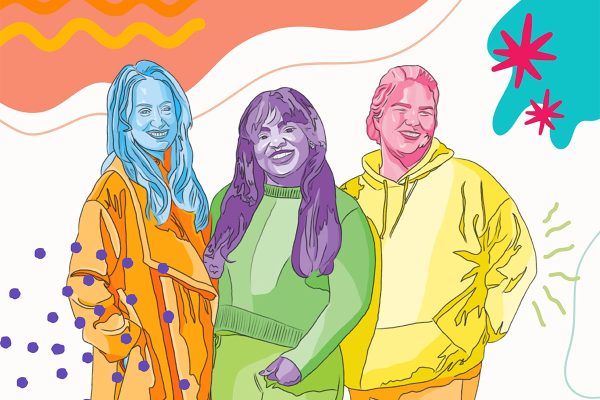I found out that I was pregnant in an employee bathroom of an H&M clothing store on the second floor of our local mall.
I’d purchased the test from a Walgreens nearby on my way to work, and walked into my part-time retail job that morning with the box bouncing around in my bag. I stood at the sink in the bathroom for a very long time after the positive result appeared, staring at myself in the mirror. I touched my stomach. I never cried. A few long moments later, I walked onto the sales floor and began unloading a shipment of neon-colored dresses.
Despite the fact that I was young, with no advanced education, earning near-minimum wage; despite the fact that I lived with my grandmother, that my father had recently died and I was still in the ravaging throes of grief; despite the fact that I felt lost, unmoored, and unsure how to go about putting my life together, I didn’t immediately know that I would get an abortion.
I told no one for a few days, continuing my shifts at H&M so tired that I could barely fold shirts, barely stand. On my days off, I’d nap for entire afternoons and evenings, delirious with exhaustion. I stopped eating deli meat and my favorite sushi. I cut back on caffeine. I could smell everything and touched my womb unconsciously all day long.
When I did decide to tell someone, I told my grandmother and my mom. We immediately went to the hospital together to confirm the positive test. My mom was excited when we left. My grandmother, who got married at 16 and had my mother when she was 17, looked weary.
My memories of this time—the time between buying the pregnancy test and driving to the abortion clinic—compress and expand when I try to touch them. A lot of what happened during those days is difficult to remember.
In one memory of this period, I’m lying in bed with my grandmother, curled on my side, talking to her about getting the abortion. The decision to do so had bloomed clearly and unequivocally in me in the days following the hospital visit. I knew with my entire body that getting an abortion was the right thing to do.
In the memory I have, I tell my grandmother this, and my voice is calm and sure. She responds with an offer to help me pay for my abortion, to take me to the clinic. She brings me tea and rubs my back. She says she loves me, and I believe her.
In another memory, I’m sitting at an outside table at Starbucks with my mom, showing her an ultrasound image. I tell her I’ve made up my mind. She looks at me and tells me that I’m brave, that she’s proud of me for doing what’s best for my life. I watch her as she wills this to be the truth.
In still another memory, I’m in my grandmother’s kitchen on the phone, making an appointment. The golden daylight in the memory tells me it’s late afternoon. The woman on the other end is kind, but clinical. I answer her questions. She tells me the procedure will cost $500. She tells me what to expect after. She gives me a date. I hang up the phone.
The day of the procedure, my grandmother piled me into her car. The sky was pink with dawn. We headed from my small town into the city to an established women’s health clinic. I felt scared and dissociated.
We navigated a gauntlet of protesters with grotesque picket signs as we pulled into the parking lot. Hostile strangers implored me to turn around. A kind man, clinic security, came out and gently, safely, led me inside.
I remember a waiting room of women. I remember a mandatory ultrasound that the technician mercifully did not require me to look at. A saline drip in my arm and a soft, cotton gown. Me, on the floor of the bathroom, shivering with fear and nausea. I remember the kind, patient clinic workers, their tenderness and soft voices, my warm, white socks.
I remember the procedure room and me, on a table. A woman with a sweet face and steady voice holding my hand, soothing me, telling me to breathe, to just count backward from 100. I remember doing this and falling gently asleep.
When I wake up, I’m in a clean, cool room on a hospital bed under a warm blanket, next to several other women in their own beds recovering. I’m given juice, cookies, and reassurances that I believe. I’m given information on how best to care for myself when I get home. I feel a tectonic rush of relief. I feel safe and free again.
My grandmother, who’s been waiting for me, eases me into her car, but physically, I feel okay. I feel better, in fact, than I have in weeks. When I get back to my grandmother’s house, my mom visits with tomato soup. I’m tucked into bed, she rubs my hair.
My life feels like a door once shut, now wide open.



